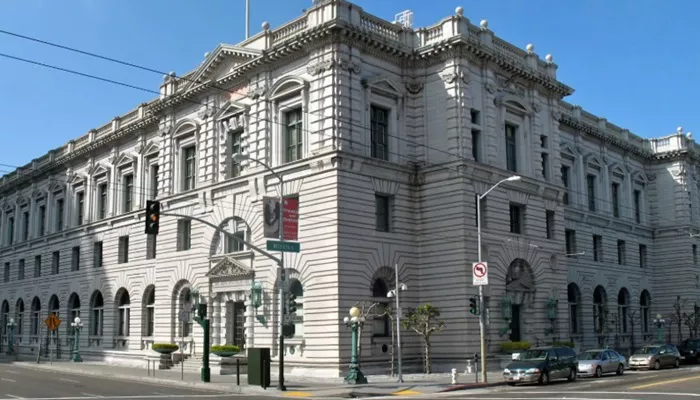A panel of Ninth Circuit judges heard arguments on Tuesday in a case challenging San Francisco’s use of diesel generators to power a temporary shelter for homeless individuals. The lawsuit, filed by the Candlestick Heights Community Alliance, accuses the city of violating the Clean Air Act by installing 16 diesel generators at the Candlestick Point State Recreational Area without proper permits.
The alliance, representing residents of the nearby Bayview neighborhood, claims the generators exposed the community—a historically Black and economically disadvantaged area—to harmful emissions, increasing cancer risks and air pollution. The group argues the city failed to obtain the necessary permits for the generators, which were used to power a shelter for people living in their vehicles.
San Francisco, however, contends that the generators were exempt from permitting requirements because each unit was under 50 horsepower. The plaintiffs counter that the combined horsepower of all 16 generators exceeded 80, making them subject to Clean Air Act regulations.
The lawsuit seeks an injunction to prevent future violations and civil penalties of up to $109,000 per day for each alleged violation. In December 2023, a lower court ruled in favor of the city, noting that San Francisco had already removed eight generators by the time the lawsuit was filed, bringing the total horsepower below the 50-unit threshold. The court also found that an injunction would not address the alleged harm, as the generators were temporary and had since been replaced with solar power.
The Candlestick Heights Community Alliance appealed the decision in January 2024, leading to Tuesday’s hearing. During the proceedings, the judges questioned both sides closely. U.S. District Judge Salvador Mendoza Jr., a Biden appointee, pressed the city on whether its interpretation of the 50-horsepower exemption could allow it to install an unlimited number of small generators without permits.
Deputy City Attorney Kathy J. Shin responded that the generators were temporary and have since been replaced with solar installations, eliminating the risk of recurring harm. She argued that the lower court’s decision was correct and no injunction was necessary.
The judges also questioned the plaintiffs on whether their claims were still valid, given that half the generators had already been removed. Lucas Williams, the plaintiffs’ attorney, argued that without an injunction, the city could repeat its actions. He also emphasized that financial penalties would deter future violations.
“When you hit someone in their pocketbook, they’re less likely to do it again,” Williams said.
The panel, which included U.S. Circuit Judges Anthony Johnstone and Holly Thomas, both Biden appointees, did not indicate when it would issue a ruling. Outside the courthouse, Williams described the hearing as “encouraging” but declined to predict the outcome.
“This is a very well-prepared panel, and they had difficult questions for both sides,” Williams said. “It’s sort of a coin flip how the court will rule.”
A spokesperson for the city attorney’s office declined to comment beyond the arguments made in court. The case continues to draw attention as it highlights the tension between addressing homelessness and protecting environmental and public health.

